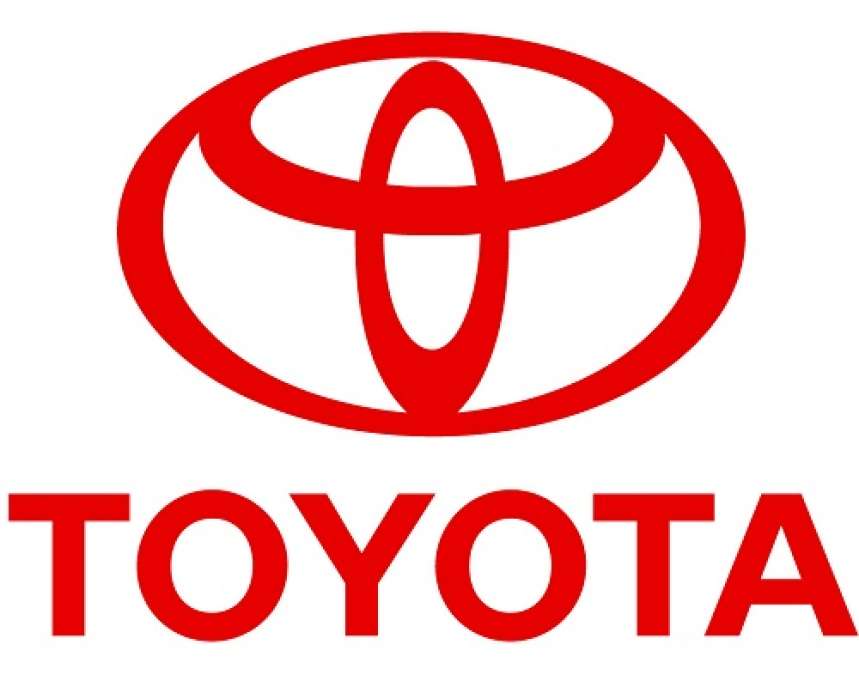In a one step forward, two back move, Toyota is maturing its self-prophecy that electric cars are not feasible. Despite great sales numbers from its plug-in hybrid Prius, the company announced electric cars are not ready.
But if Toyota plans to back off its electric vehicle offering, it will focus on what it is finally making money on, hybrids. With no less than 21 new or redesigned hybrid models by 2015, Toyota is serious about hybrids. The company only has one electric vehicle available, the pricey RAV4 EV and a plug-in hybrid, PHEV Prius.
No More Foreseeable Electric Cars From Toyota. Toyota had planned to sell a second smaller electric vehicle to the electric RAV4 EV, but after downplaying its future success and mitigate PR handling of the PHEV Prius real success, it has decided to only sell about 100 of the electric RAV4 EV to governments and selected users in Japan and the U.S. Toyota even goes as far as saying that it misread the market and the ability of battery technology to meet consumer demands.
To be fair, Toyota has never been excited about electric cars. Since the mid-2000, it has continuously played down electric cars. While it took the better part of a decade for the company to turn a profit on its poster child, the Prius, it makes sense to see the pragmatic Japanese company focus on hybrids now.
The Long And Winding Road To The Prius PHEV. Interestingly enough, many Prius owners last decade asked Toyota to give them a plug-in hybrid version. Toyota reluctantly accepted to look into it, only to deliver a fairly good product four years later with great sales numbers. But the company never really had its heart into it. In fact, few know today the Prius has a plug-in hybrid version and the company introduced the vehicle with as little fanfare as possible, relegating to certain events and shows.
Toyota does point to contentious areas, such as overall car price, battery technology, capacity and price which mean relatively low range, although more than enough for over 80% of the US’ daily routine. Still, the company says it will wait for future lithium battery breakthroughs, preferring to focus its research on solid-state batteries by replacing liquid electrolytes with solid ones.
It’s not very surprising to see Toyota back away from the pure electric drive and in many ways, at least financially for the company, it makes sense. Toyota has had a rough past decade with car recall culminating these past two years. While it hasn’t wholeheartedly engaged the EV community with its hefty all-electric RAV4 EV, it makes some sense for Toyota to focus on what it does best, hybrids.





